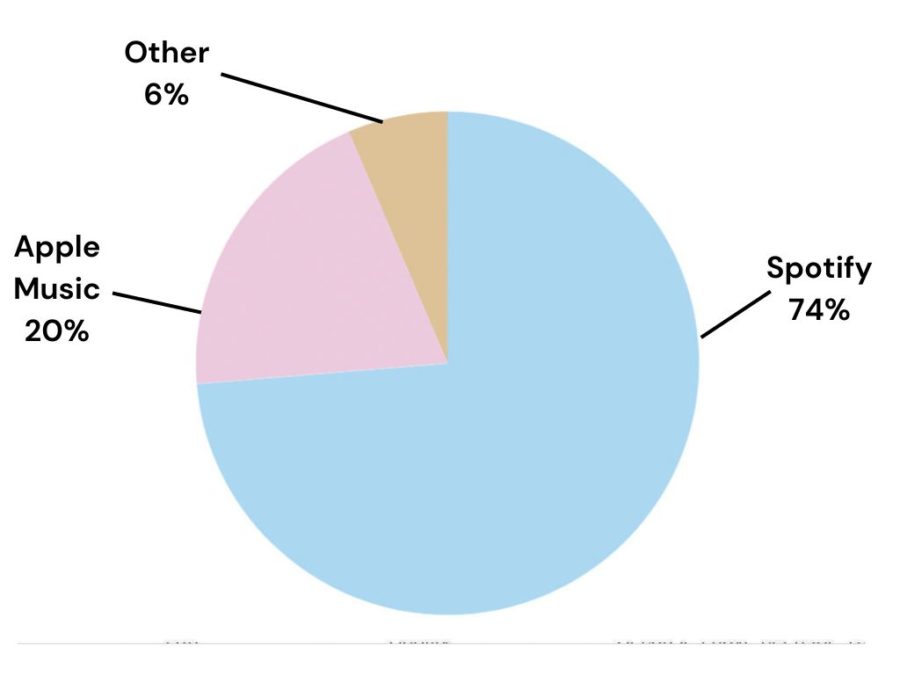They’re everywhere: beverages that promise to keep you energized, revved and alert.
Caffeine, whether it be the TAZO tea offered in the lunch room, the coffee maker next to it, or the vast variety of soda offered in the vending machines, is easily accessible at Blake and many Blake students have found themselves consuming caffeinated drinks frequently.
Caroline O’Connell ’16, a consumer of coffee “probably every three hours,” shares that she “[does] better when [she] drinks coffee or [is] on caffeine than when [she] is not.” O’Connell enjoys “having a lot of energy and feeling rushed,” plus, she “gets things done quicker.”
However, how much caffeine is too much? The FDA reports that more than 80 percent of American adults drink it daily. As the adoration for these products rises, so do concerns about their hazards. Caffeinated drinks such as coffee have a long history of being seen as harmful to the body, such as stunting growth and increasing risk of heart disease and cancer. However, recent studies have shown that coffee may not be so harmful after all. The truth is, the benefits to drinking coffee outweigh the risks.
According to Donald Hensrud, a medical doctor interviewed by The Mayo Clinic, it has been found that coffee may have health benefits such as protection against Parkinson’s disease, type-two diabetes, liver disease, and liver cancer. These benefits are partially because coffee beans are seeds, the National Institute of Health reminds us, and like all seeds, they are loaded with protective compounds.
Although caffeine has its perks, it can pose problems too. As Steven Meredith, a researcher in behavioral pharmacology at the Johns Hopkins School of Medicine, says, “caffeine is a drug.” While low to moderate doses of caffeine are often safe, it is addictive and users can easily become dependent on it, ultimately finding it difficult to quit or even cut back. O’Connell shares, “I’ll have weeks where I try and go without caffeine and it’s really hard. If I don’t drink coffee I get a headache and my hands get really shaky.”
“In most cases, caffeine will have an effect on the body,” says Byron Jones, Penn State professor of bio-behavioral health and pharmacology, “but rarely will the effect be so extreme that it’s harmful.” A few cups of coffee or a can of an energy drink now and then, he states, is “nothing to lose sleep over.”









